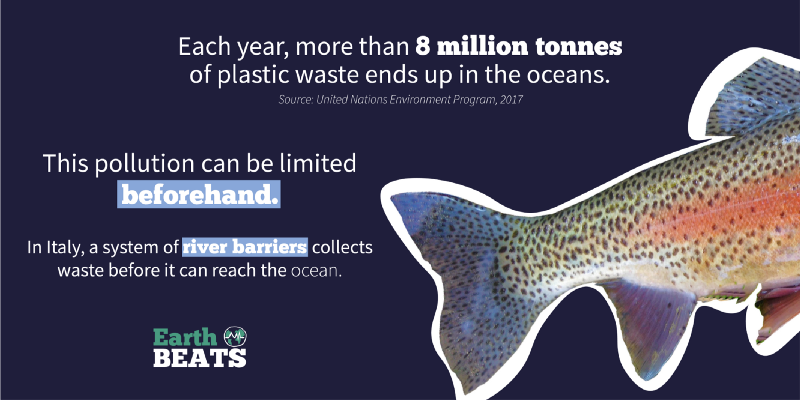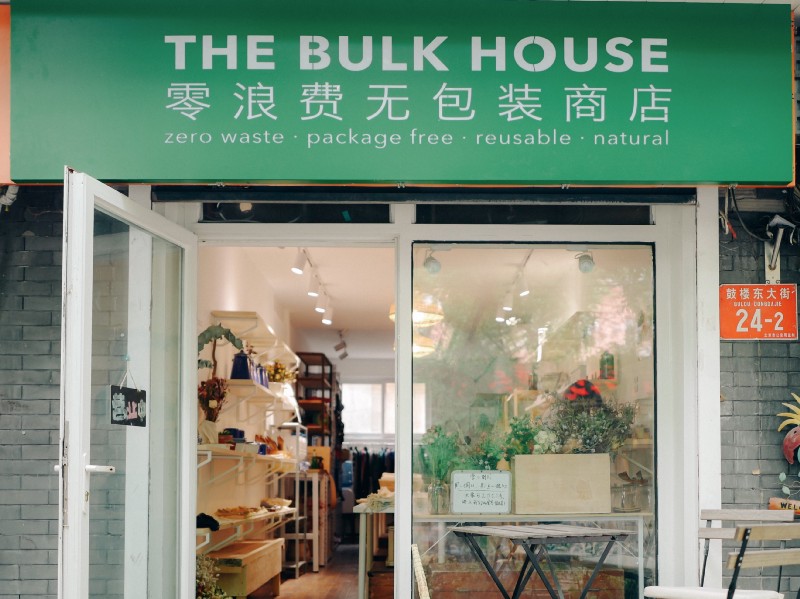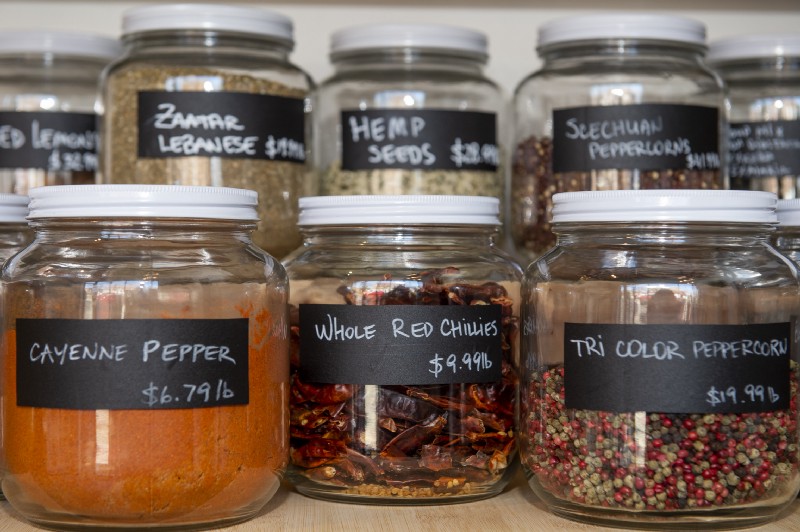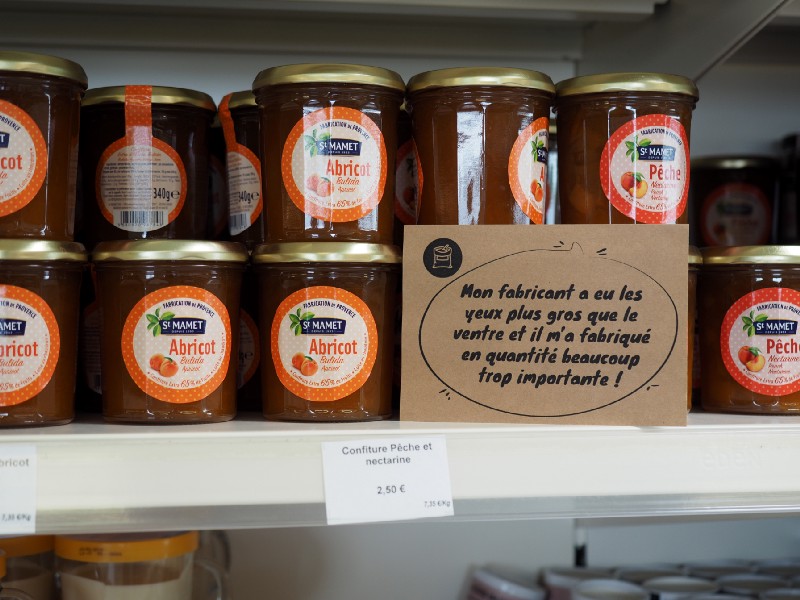Three stores that are changing the way we shop
Plastic was invented in the late 19th century and jumpstarted modernity. This packaging product is versatile, light and easy to transport, allowing longer and easier food preservation. However, it also provided us with tonnes of waste. Each year, more than 8 million tonnes of it ends up in the oceans, leading to disastrous consequences on the food chain and the marine flora, according to the United Environment Program. Fortunately, innovative solutions exist to ease the transition towards a more conscious way of shopping on the planet. Discover three shops that are fighting waste #EarthBeats.

The Bulk House : the first zero-waste store in mainland China
China’s recent ban on garbage and waste importation puts into light the massive shift in attitude concerning plastic management. And it is not only the government that takes action to reduce pollution: more and more individuals are participating in this collective effort. In 2017, Joe Harvey and Carrie Yu opened The Bulk House to facilitate the access to reusable household products ranging from steel straw, and preservative film made of beeswax, to unpacked shampoo. This shop has created a tight community of zero-wasters that encourage changing damaging habits- however small they might be. Read more in The Hindu, Yicai Global (in English) or on El Heraldo (Spanish version).

Precycle is changing the American retail structure
Precycle is proving that the interest in zero waste is also booming in the United States. This package-free store based in Brooklyn, New York City, proposes a range of products, from cupboard items to fresh cheese. Those products can be bought in bulk and individuals are encouraged to bring their own containers. Not only is this store simplifying the access to local products, it is also changing the retail industry by only working with suppliers who do not use/use very little plastic. Read more in The Christian Science Monitor, The Hindu, The Nation (in English), El Heraldo and La Nacion (both in Spanish) Corriere Della Sera (in Italian) and Le Figaro (in French).

NOUS anti-gaspi (Us Zero-Waste) Grocery Shops is fighting against food waste
According the French Environment and Energy Management Agency (ADEME), in France alone 10 million tonnes of food are thrown away every year for health, safety and legal reasons. Throwing perfectly edible food contributes to the overexploitation of natural resources and to overall hunger worldwide. NOUS anti-gaspi Grocery Shops is collecting the unsold products from suppliers who range from small farmers to transnational companies. They are then sold at a lower price, enabling households to afford quality products while preventing the emissions of greenhouse gas and waste. More NOUS anti-gaspi grocery stores will open soon.Read more in The Hindu, The Philippine Star, Haaretz, Yicai Global, and Le Figaro, La Tribune de Genèveand L’Orient Le Jour (in French), Corriere Della Serra (in Italian), El Heraldo (in Spanish)and Dong-a Ilbo (in Korean). Survival gear is an absolute necessity for any person heading out into the wilderness whatever the form. This may come in the form of specialized equipment for a specific environment, but it may also be products to allow the storage of basic necessities like food and water. Whatever is particularly needed for an environment, all of this survival equipment should reflect the latest in design and material to help reduce the amount of weight needed to carry and ensure longevity from the material. To learn more about wilderness survival gear visit Rotorm.com.


While citizens mobilize for Earth Day, 18 media outlets investigate local initiatives against pollution and waste. The collaborative editorial operation Earth Beats gathers renowned newspapers: including Le Figaro, Corriere, Haaretz, L’Economiste, La Nacion, Yicai Global, Delo, L’Orient Le Jour, The Philippine Star and The Hindu and more. The operation is coordinated by Sparknews with the support of ADEME, the UNESCO MAB Programme, Le Jour de La Terre, Impact Hub and CDC Biodiversité.
You, readers, citizens, leaders, investors, consumers, can broadcast these solutions, so that tomorrow’s world remains sustainable.





